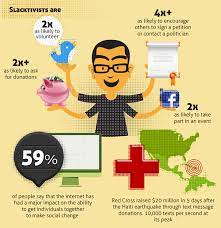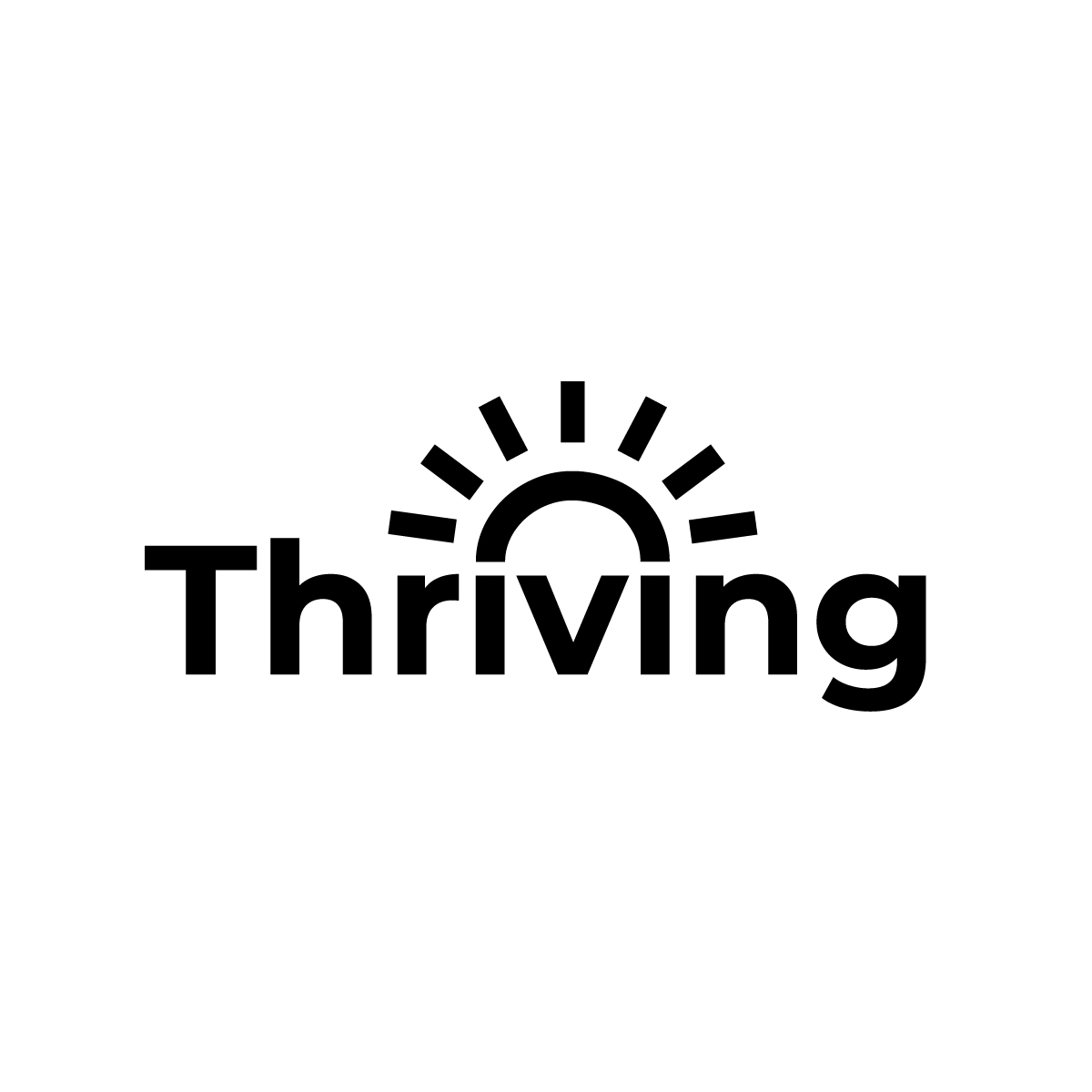The Progressive Movement: Advancing Towards a Better Future
In today’s rapidly changing world, the term “progressive” has taken on new significance as a guiding principle for social and political change. The progressive movement is characterized by a commitment to advancing society through innovation, equality, and justice.
At its core, progressivism seeks to address systemic issues such as inequality, discrimination, and environmental degradation. Progressives advocate for policies that promote social welfare, protect civil rights, and ensure sustainable development for future generations.
The Values of Progressivism
Progressivism is rooted in values of inclusivity, compassion, and solidarity. Progressives believe in creating a more equitable society where everyone has access to opportunities and resources needed to thrive. They champion diversity and strive to dismantle barriers that perpetuate injustice.
The Goals of the Progressive Movement
The progressive movement aims to achieve tangible outcomes that improve the lives of individuals and communities. This includes advocating for healthcare reform, affordable housing initiatives, environmental protection measures, and educational equity programs.
Progressives also prioritize criminal justice reform, LGBTQ+ rights advocacy, women’s empowerment efforts, and economic policies that reduce income inequality. By addressing these pressing issues, progressives work towards building a more just and sustainable future for all.
Challenges Faced by Progressives
Despite their noble goals, progressives encounter challenges in their pursuit of social change. Opposition from vested interests, political polarization, and misinformation campaigns can hinder progress towards achieving a more inclusive and equitable society.
However, progressives remain resilient in the face of adversity. Through grassroots organizing, community engagement, and strategic advocacy efforts, they continue to push forward towards their vision of a better world for all.
Joining the Progressive Movement
If you share the values of progressivism and are passionate about creating positive change in your community and beyond, consider getting involved in the progressive movement. Whether through volunteering with local organizations, supporting progressive candidates for office, or participating in advocacy campaigns, every individual can contribute to advancing the cause of progress.
Together, we can work towards building a more just, equitable, and sustainable future for generations to come through the principles of progressivism.
Understanding Progressivism: Key Questions Explored
- What does it mean to be progressive?
- How is progressivism different from liberalism?
- What are the key principles of progressivism?
- What policies do progressives support?
- How has the progressive movement impacted society?
- Who are some prominent progressive leaders?
- What are the main goals of the progressive movement?
- How can I get involved in progressive causes?
- What challenges do progressives face in advancing their agenda?
What does it mean to be progressive?
To be progressive means to embrace a forward-thinking approach to social, political, and economic issues. Progressivism is characterized by a commitment to promoting positive change through innovative solutions, inclusivity, and justice. Being progressive involves advocating for equality, diversity, and sustainability while challenging systemic barriers that hinder progress. It also entails supporting policies and initiatives that prioritize the well-being of all individuals and communities, striving to create a more equitable and prosperous society for present and future generations.
How is progressivism different from liberalism?
Progressivism and liberalism are both ideologies that advocate for social and political change, but they have distinct differences in their approaches and focus areas. While liberalism emphasizes individual rights, free markets, and limited government intervention, progressivism places a stronger emphasis on collective welfare, social justice, and government action to address systemic inequalities. Progressives often seek to challenge existing power structures and push for more comprehensive reforms to create a more equitable society, whereas liberals typically prioritize individual freedoms and economic liberties within the existing framework of society. Despite these differences, both ideologies share common goals of promoting equality and opportunity for all members of society.
What are the key principles of progressivism?
The key principles of progressivism encompass a commitment to social justice, equality, inclusivity, and democratic governance. Progressives advocate for policies that promote the well-being of all individuals, regardless of background or status. They prioritize addressing systemic inequalities, protecting civil liberties, and fostering a more equitable society through measures such as healthcare access, environmental sustainability, educational equity, and economic fairness. At its core, progressivism seeks to create a more just and compassionate world where every person has the opportunity to thrive and contribute to the collective good.
What policies do progressives support?
Progressives support a wide range of policies aimed at creating a more equitable and just society. These policies typically include initiatives such as universal healthcare, affordable housing programs, raising the minimum wage, expanding access to quality education, implementing environmental protections, advocating for criminal justice reform, promoting LGBTQ+ rights, and addressing income inequality through progressive taxation. Progressives prioritize policies that prioritize the well-being of all individuals and communities, seeking to level the playing field and ensure that everyone has equal opportunities to thrive.
How has the progressive movement impacted society?
The progressive movement has had a profound impact on society by driving positive change across various aspects of life. Through advocacy for social justice, environmental sustainability, and economic equality, progressives have influenced policy reforms that have improved the lives of individuals and communities. The progressive movement’s emphasis on inclusivity, civil rights, and healthcare access has led to advancements in areas such as LGBTQ+ rights, racial equality, and affordable healthcare initiatives. By challenging systemic injustices and promoting a more equitable society, the progressive movement continues to shape a better future for all members of society.
Who are some prominent progressive leaders?
Several prominent progressive leaders have made significant contributions to advancing social and political change. Figures such as Bernie Sanders, Elizabeth Warren, Alexandria Ocasio-Cortez, and Ilhan Omar are widely recognized for their advocacy of progressive policies aimed at addressing income inequality, healthcare reform, environmental protection, and social justice issues. These leaders have inspired a new generation of activists and policymakers to champion progressive values and work towards creating a more equitable and inclusive society for all.
What are the main goals of the progressive movement?
The main goals of the progressive movement encompass a wide range of social, economic, and political objectives aimed at advancing equality, justice, and sustainability. Key priorities include advocating for healthcare reform to ensure universal access to quality healthcare, promoting policies that address income inequality and support working families, championing environmental protection measures to combat climate change and preserve natural resources, fighting for civil rights and social justice for marginalized communities, and pushing for educational equity initiatives to provide all individuals with equal opportunities for learning and growth. Overall, the progressive movement seeks to create a more inclusive and fair society where everyone has the chance to thrive and contribute to a better future for all.
How can I get involved in progressive causes?
To get involved in progressive causes, there are several avenues you can explore. One way is to volunteer your time with organizations that align with your values and goals. Whether it’s participating in local community events, canvassing for a political campaign, or assisting with advocacy efforts, your contributions can make a meaningful impact. Additionally, staying informed about current issues and engaging in discussions with like-minded individuals can help you stay connected to the progressive movement. Donating to causes you believe in and supporting progressive candidates during elections are also effective ways to show your support for advancing social change. By taking proactive steps and actively participating in initiatives that promote equality, justice, and sustainability, you can play a vital role in furthering progressive causes.
What challenges do progressives face in advancing their agenda?
Progressives face a variety of challenges in advancing their agenda towards a more equitable and just society. One significant challenge is the resistance from entrenched interests and powerful entities that benefit from the status quo, making it difficult to implement progressive policies and reforms. Additionally, political polarization and ideological divisions can hinder cooperation and consensus-building among policymakers and the public. Furthermore, navigating misinformation campaigns and countering negative stereotypes about progressive ideas pose obstacles to gaining widespread support for progressive initiatives. Despite these challenges, progressives remain committed to advocating for social change through resilience, grassroots organizing, and strategic engagement to overcome barriers and drive progress forward.



